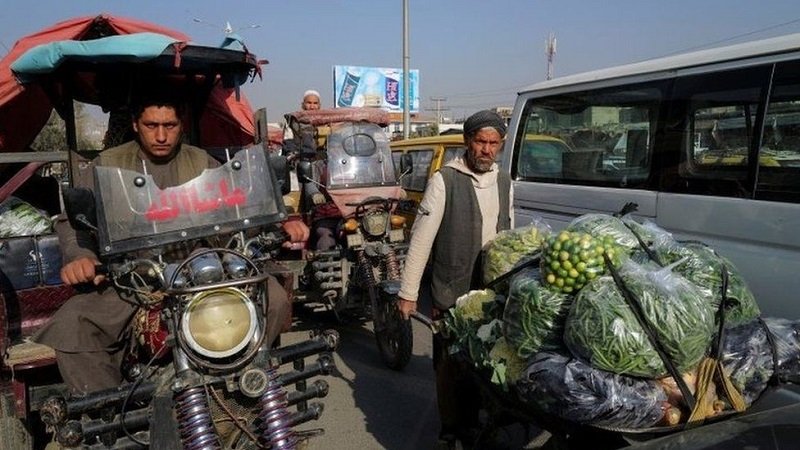BBC, London: Afghanistan’s economic woes could fuel a refugee crisis impacting neighbouring countries, Turkey and Europe, the International Monetary Fund has said.
The economy will contract by up to 30% this year – which could push millions into poverty and cause a humanitarian crisis, the fund warned.
The IMF said Afghanistan’s neighbours would be further hit because they rely on its funds for trade.
Bordering Tajikistan has said it can’t afford to take in many more refugees.
With foreign assets frozen and most non-humanitarian aid halted, inflows of cash to Afghanistan have all but dried up.
In its regional economic outlook, the fund said: “A large influx of refugees could put a burden on public resources in refugee-hosting countries, fuel labour market pressures, and lead to social tensions, underscoring the need for assistance from the international community.”
Cost to neighbours
While it’s unclear how many Afghan refugees there would be, the IMF estimates that if there were to be a million more, hosting them would cost Tajikistan $100m (£72m), Iran $300m and Pakistan $500m.
Last month Tajikistan said it could not afford to take in large numbers of refugees unless it received international financial assistance while other Central Asian nations have said they have no plans to host refugees.
Nearby countries will also be hurt by the loss of Afghanistan as a major trading partner.
The country used to receive huge amounts in foreign aid. The UK government estimates OECD countries donated $65bn to Afghanistan from 2001 to 2019 – much of this used to filter through to nearby Iran, Pakistan, Turkmenistan, and Uzbekistan through trade.
The IMF also warned there are concerns that funds going into the country may be used to finance terrorism and launder money.
Last week, members of the G20 group of major economies pledged to put billions of dollars into the Afghan economy to avert an economic catastrophe.

